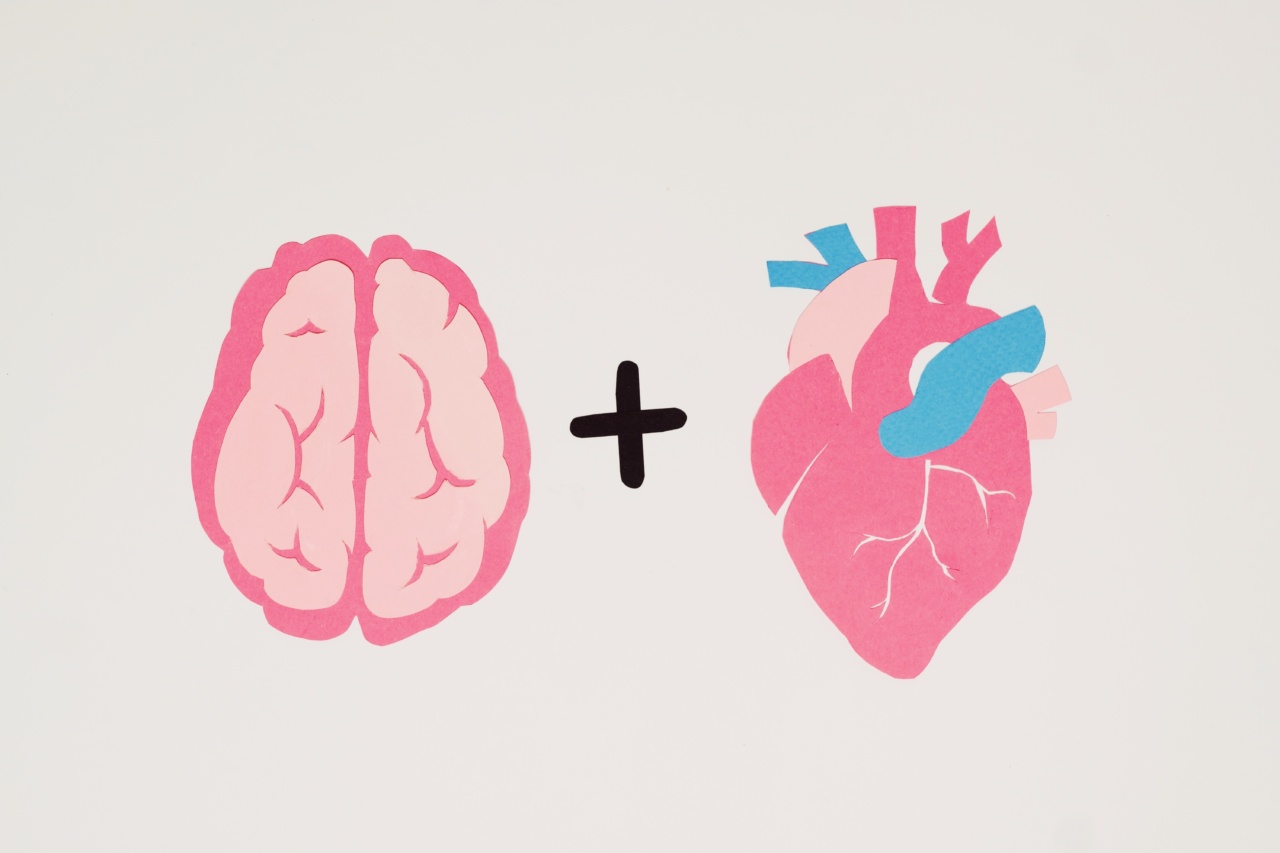Meditation has long been recognized as a powerful practice for promoting overall health and wellness.
In addition to reducing stress and improving mental clarity, meditative practices have been found to have a profound impact on heart and brain function. By incorporating these practices into your daily routine, you can enhance the functioning of both your heart and brain, leading to improved overall well-being.
The Science Behind Meditation and Heart Function
Several scientific studies have demonstrated the positive effects of meditation on heart health.
One study published in the Journal of the American Heart Association found that regular meditation can significantly reduce the risk of cardiovascular disease. The researchers discovered that meditation helps lower blood pressure, reduce arterial stiffness, and promote overall cardiovascular health.
During meditation, the body enters a state of deep relaxation, which triggers the activation of the parasympathetic nervous system.
This activation, also known as the “rest and digest” response, causes the heart rate to slow down and blood pressure to decrease. Additionally, meditation has been shown to reduce the levels of stress hormones like cortisol, which can contribute to heart disease when chronically elevated.
Furthermore, meditation helps to improve heart function by increasing the production of nitric oxide, a molecule that relaxes and dilates blood vessels.
By enhancing blood flow and ensuring efficient delivery of oxygen and nutrients to the heart, meditation supports its optimal function.
Types of Meditation for Heart Health
1. Mindfulness Meditation:.
Mindfulness meditation involves focusing your attention on the present moment and accepting it without judgment. This practice enhances self-awareness, reduces stress, and promotes relaxation, all of which contribute to improved heart health.
2. Loving-Kindness Meditation:.
Loving-kindness meditation involves cultivating feelings of compassion and kindness towards oneself and others. This practice has been found to decrease markers of inflammation, which is associated with increased risk of heart disease.
3. Transcendental Meditation:.
Transcendental meditation is a popular technique that involves silently repeating a mantra to calm the mind. This practice has been shown to reduce blood pressure and improve overall cardiovascular health.
The Impact of Meditation on Brain Function
In addition to its cardiovascular benefits, meditation also has a profound impact on brain function.
Numerous studies have shown that regular meditation can positively affect brain structure and function, leading to enhanced cognitive abilities and overall mental well-being.
One study conducted at Harvard University found that meditation can increase the thickness of the prefrontal cortex, a region of the brain associated with attention, self-awareness, and emotional regulation.
This increase in cortical thickness correlates with improved cognitive function and emotional stability.
Meditation has also been shown to activate the default mode network (DMN) of the brain, which is responsible for self-referential thinking, introspection, and mind-wandering.
By strengthening the connectivity within the DMN, meditation enhances creativity, problem-solving abilities, and overall brain function.
Moreover, research has demonstrated that regular meditation can decrease the size and activity of the amygdala, a region of the brain involved in the stress response.
By reducing amygdala activity, meditation helps to alleviate anxiety and promote emotional well-being.
Types of Meditation for Brain Function
1. Vipassana Meditation:.
Vipassana meditation, also known as insight meditation, involves observing the sensations and thoughts that arise in the present moment. This practice enhances mindfulness, concentration, and overall cognitive function.
2. Zen Meditation:.
Zen meditation is a practice that emphasizes sitting in silence and observing the breath. This technique cultivates mental clarity, focus, and increased awareness.
3. Kundalini Meditation:.
Kundalini meditation incorporates dynamic movements, breathing exercises, and chanting to awaken the dormant spiritual energy within the body. This practice enhances creativity, intuition, and promotes overall brain health.
Conclusion
Incorporating meditative practices into your daily routine can have a profound impact on both heart and brain function.
Whether you choose mindfulness meditation, loving-kindness meditation, or transcendental meditation for your heart health, or opt for vipassana, zen, or kundalini meditation to enhance brain function, the key is consistency and regular practice. Start with just a few minutes each day and gradually increase the duration as you become more comfortable with the practice.
By making meditation a part of your lifestyle, you can experience improved heart health, enhanced cognitive abilities, and overall well-being.






























